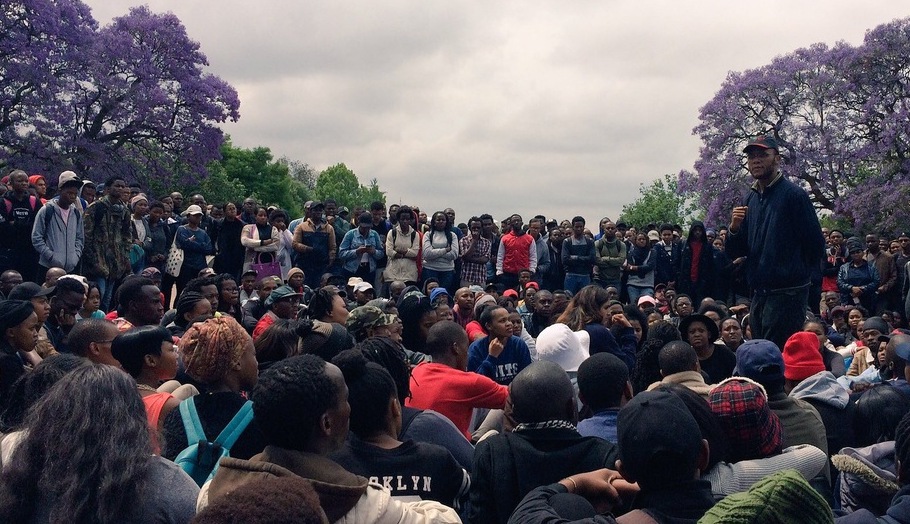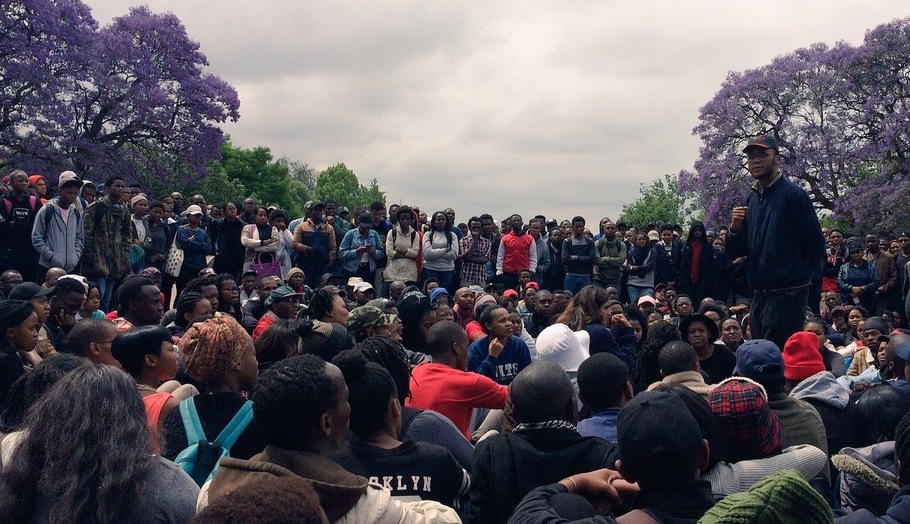The African National Congress (ANC), the governing party of South Africa had its 54th National Conference from 16-21 December 2017. The party had to decide on a number policy issues as well as who the leadership of the party would be for the next 5 years. South Africa has a young population, with approximately 56% being below the age 30. The results of the conference would directly affect the future of the country; so of course, we are paying close attention.
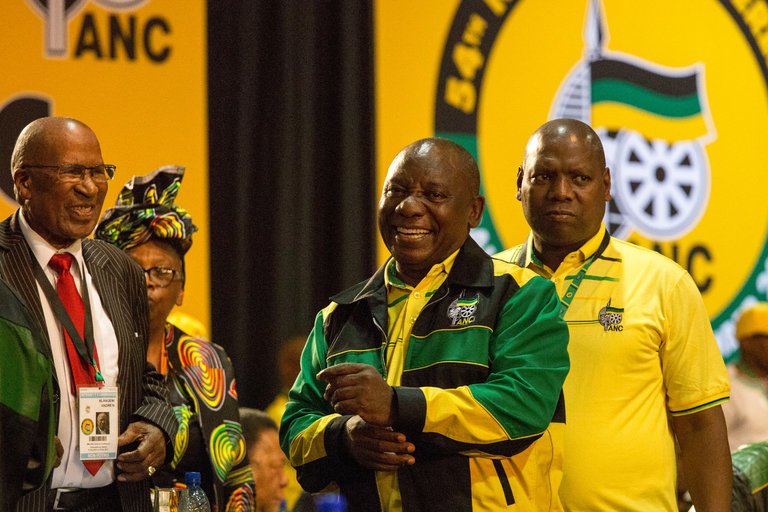
There were 4 major policy decisions to come out of the conference:
- The decriminalization of sex work.
- The allowance for land expropriation without compensation.
- The downgrading of the South African embassy in Israel.
- Free tertiary education.
With the exception of free education, the other policy decisions will not automatically be implemented into law. They will first be referred to Parliament to deliberate on the best means of implementing.
Of course, one of the largest bones of contention was who the party would elect as its next president, replacing South Africa and the ANC's current leader, President Jacob Zuma, and, by extension, the presidential candidate for the 2019 National General elections. This leader would follow in the footsteps of Nelson Mandela, Oliver Tambo and Thabo Mbeki. After a highly contented campaign, Deputy President Cyril Ramaphosa defeated former African Union Chairperson Nkosazana Dlamini-Zuma, President Zuma's ex-wife, to the spot.
We learned three key things from the Conference:
1. Protesting and activism do work
For the past 2 years, students from across the country have protested for free tertiary education under the banner of #FeesMustFall. This was finally made reality when outgoing President Zuma, announced that from 2018 there will be free tertiary education for students from poor and working class families. From a cynical view, one could be suspect of the timing of such an announcement, but that would undermine the suffering and contributions of students and activists from across the country.
The announcement of free education could also mark an important turning point in the consciousness of the country: a move towards the prioritization of education. Post-apartheid South Africa failed to prioritize education at the various levels which has contributed to the high levels of inequality and unemployment. Now with the government tipped to spend 1% of the GDP on tertiary institutions alone, education must become a national priority, or else it risks wasting resources.
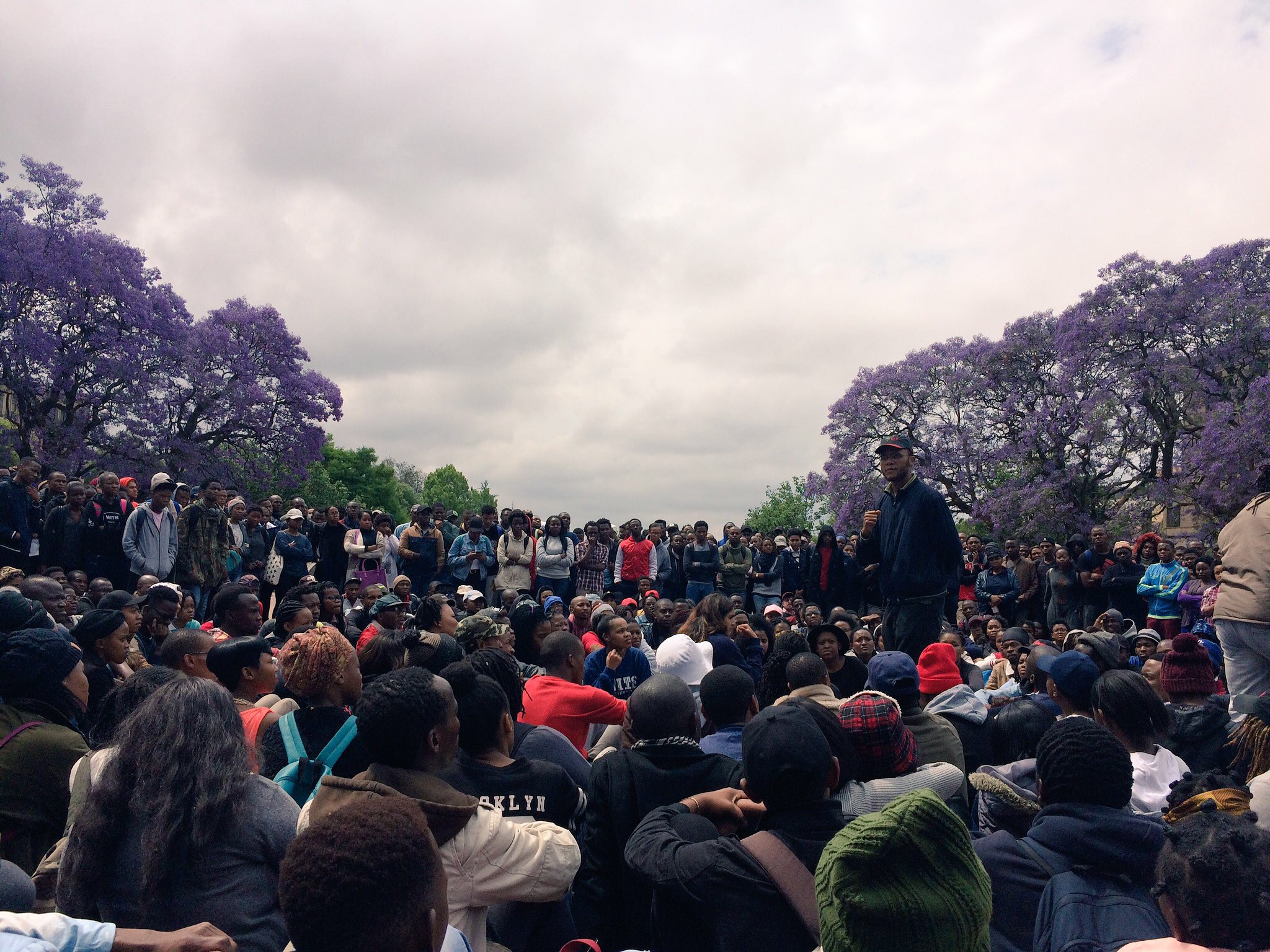
2. The ANC must allow young people to lead or risk becoming irrelevant
The average age of the top 6 of the National Executive Committee is 60 years old. If the ANC wins the National Elections in 2019, Cyril Ramaphosa will be inaugurated as President of the country at the age 66. This in stark contrast to South Africa’s young population as well as to the leadership of the main opposition parties who are led by a 37 year old and 36 year old respectively. Young people must be given room to lead the country. If the ANC can’t do this adequately, we will find another platform to express ourselves. Liberation parties tend to lose relevance roughly 20 years after they become governing parties. This loss of relevance is often because they become stagnant and fail to adapt to changing dynamics. The ANC has been governing for 23 years and risks going down this route.
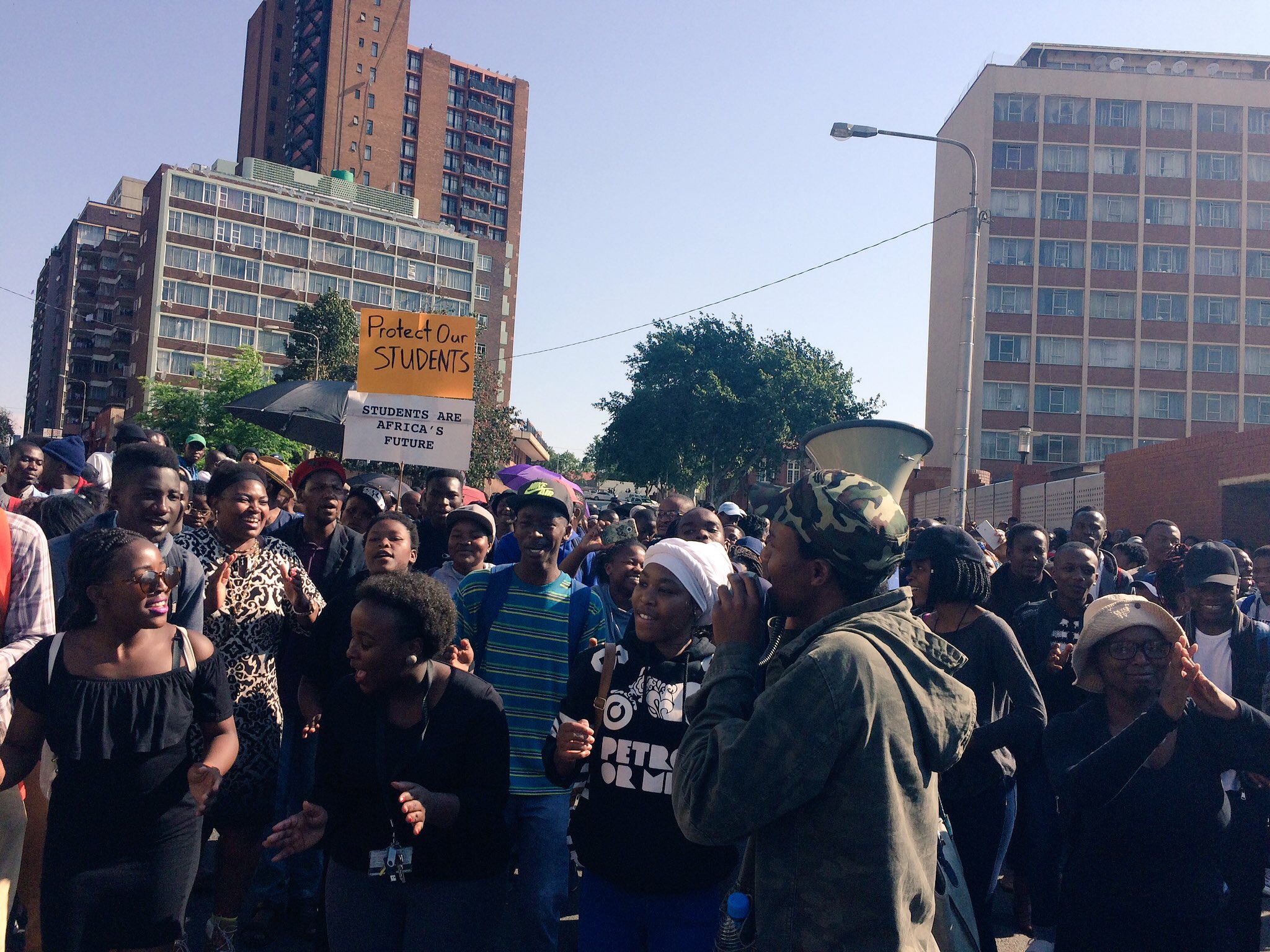
3. Representation has regressed
At 105 years old, the ANC has never had a woman President or Deputy President. In the run up to Conference, many of the backers of Nkosazana Dlamini-Zuma’s candidacy argued that it was time for a female president. Those who didn’t back her candidacy argued that at least the Deputy President should be a woman and backed Lindiwe Sisulu. In the end, neither woman made it into the top 6. Only one woman made it: Jessie Duarte, as the Deputy Secretary General. In 2012 at the 53rd Conference only two women made it into the top 6. This lack of women points to larger issues of representation.
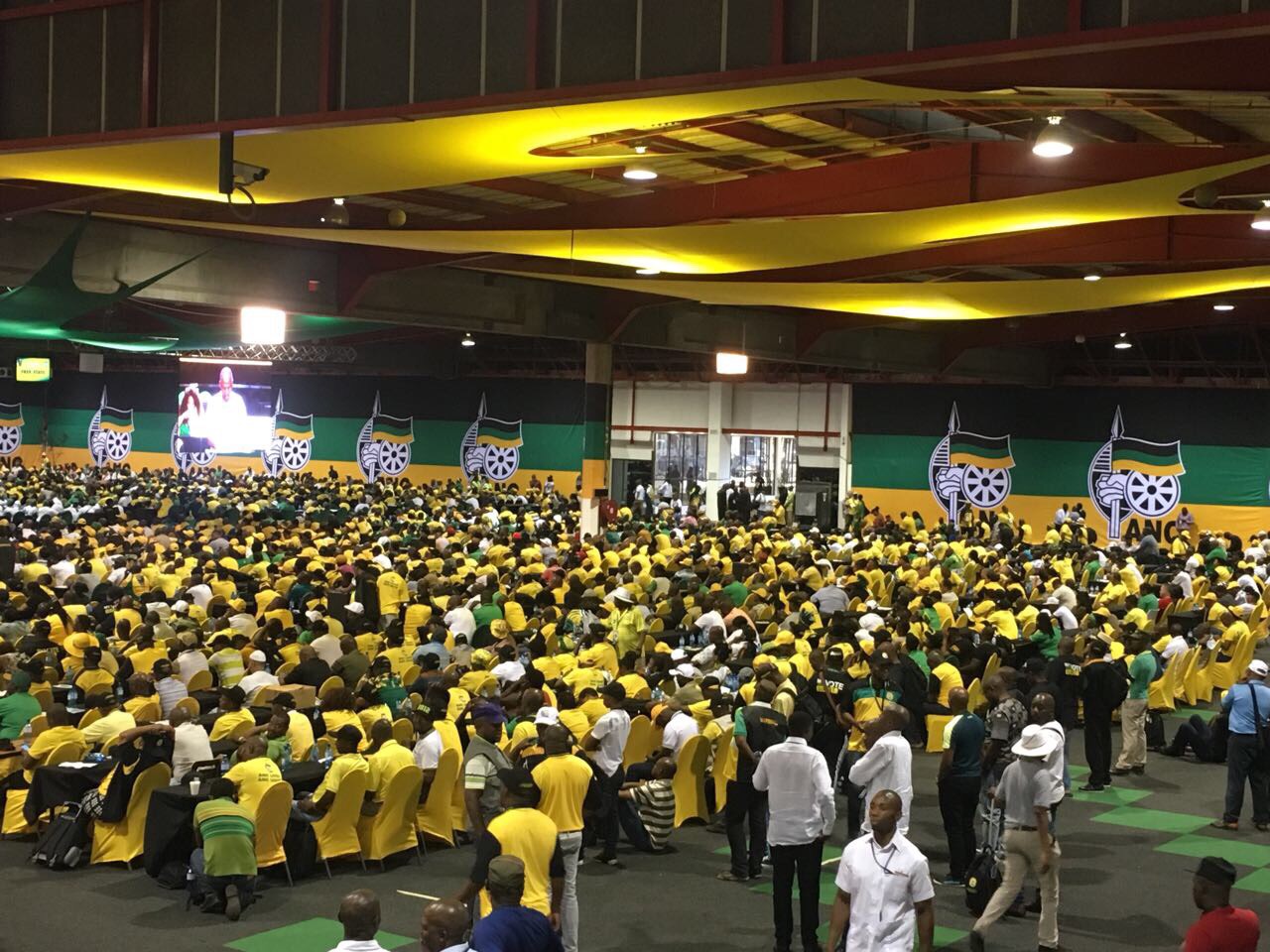
There is no LBGT representation. There is no refugee representation. There is no representation of the disabled. This means that when the governing party legislates it does so from a largely male cis-heterosexual perspective. South Africa’s Constitution is largely inclusive of marginalized groups but if those who must implement the Constitution and create laws to this effect are not representative, the progress will be dramatically slower and with challenge.
Above all, it is clear that it’s time for young African leaders to take the reins and steer the country at the highest level.
OYW Ambassador Nkululeko Tselane is a student leader from South Africa and peace ambassador for JM Busha 54. He has been involved in activism from a young age and recently, along with students from across the country, was an active leader during the #FeesMustFall protests.
